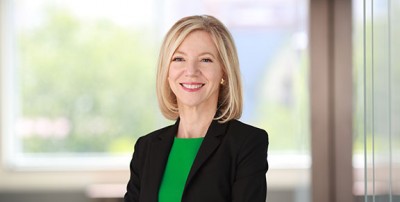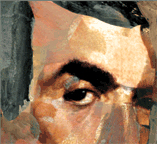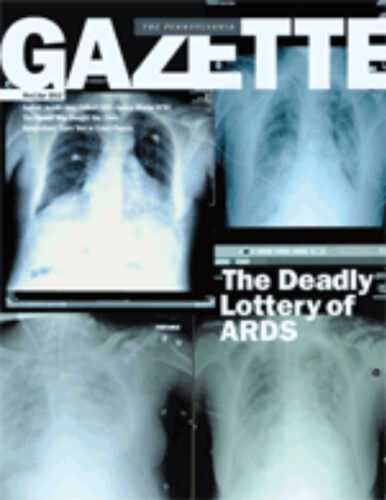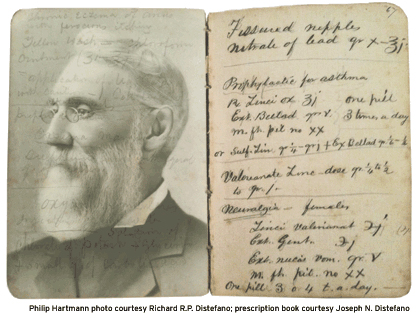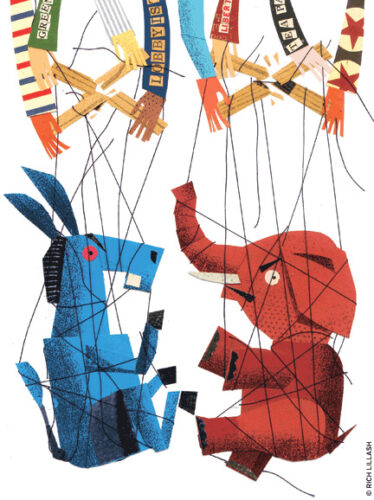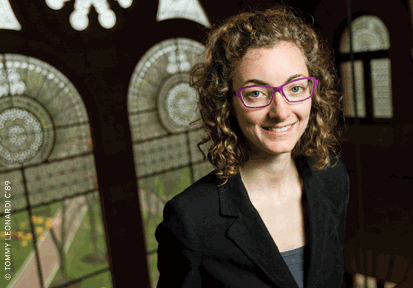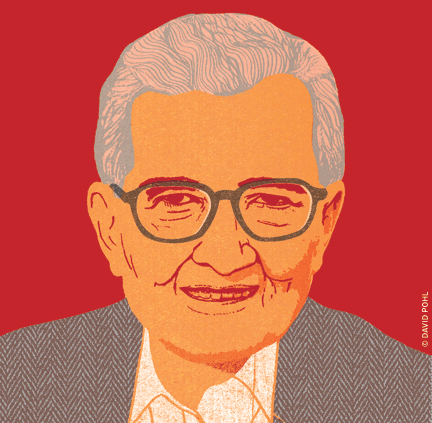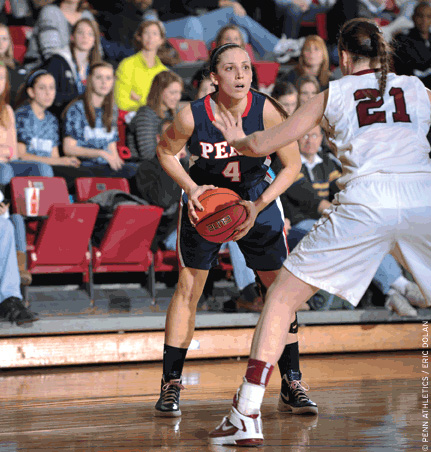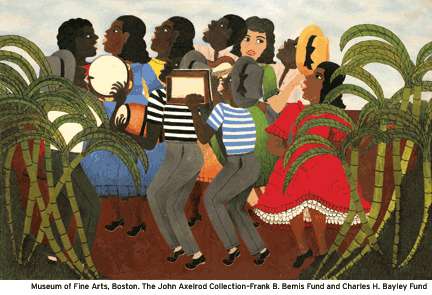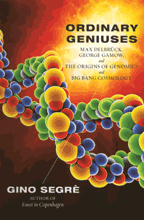A Global Approach to Scholarship
From College Hall: Penn faculty and programs are taking the lead in integrating knowledge.
The Way We Choose Now
From the Editor: May|Jun 2012
The Rise of the Biocrats
From stem-cell research to HPV vaccinations, healthcare policy to genetic modification, bioethics increasingly provides the framework for weighing the costs and benefits of scientific progress. Long a leader in the field, the University is moving to make Penn the place where such work happens, and where the next generation of bioethicists will be minted.
Time for the Maya
No, the ancient Maya did not predict that the world will end in December 2012. Yes, the Penn Museum is taking advantage of the popular fascination with that distinctly North American misinterpretation of the Maya calendar to mount a wide-ranging exhibit examining Maya notions of time and much more about this rich, still-thriving culture.
The Artful Rebel
Francis Hopkinson signed the Declaration of Independence, designed the American flag, wrote some biting satire, composed the nation’s first secular music, and got some props for his scientific ingenuity. Not a bad career for the College’s first alumnus.
Character’s Content
Penn psychologist Angela Duckworth Gr’06 argues that character—not intelligence, quality of instruction, family situation, or income level—is the crucial determinant of achievement in school. Now she just has to figure out how to measure character—and influence it for the better.
Letters
May|Jun 2012
The New College Try
“I didn’t register how cold it really was until my head was under.”
A Tale of Two Forbears
Two 19th-century brothers, raised on their family’s slave-worked plantation, left Penn for very different destinies.
Country of Illusions
On Louis Kahn’s trail in Estonia, teasing out the facts from the fairy tale.
Hazards of Bra Shopping
Most women—of all body types—hate it. Some tips for a better fit.
If It’s Broke, Can We Fix It?
Silfen Forum focuses on fixing America’s future
Class of 2012 Waiting for Superman
Education reformer Geoffrey Canada will speak at Commencement
Two Penn Alumnae Win Luce Scholarships
Luce Scholars Aimee Bailey EAS’06 and Abby Seldin C’09 G’09
Undergraduate Tuition, Financial Aid Increase
Undergraduate costs to rise 3.9 percent, financial aid up 7.7 percent
All Rise for Golkin Hall
Golkin Hall opening features Supreme Court Justice Sonia Sotomayor
Zen and the Art of DIY Electric Scooter Manufacture
Penn Electric’s DIY-ers put theory into practice—on wheels
Amartya Sen and the Justice of the Fish
When Nobel Prize-winning economist Amartya Sen told a friend that he was to give a talk at Penn titled “Global Justice in the Contemporary World,” his friend voiced a word of caution. “He wondered whether it was wise to promise a speech on an unreal topic,” Sen recalled, with a laugh, at the Zellerbach Theatre. Sen, who became the first non-American to win the National Humanities Medal this year, spoke at the School of Arts and Sciences’ Levin Family Dean’s Forum on March 1. Though he himself was frail and soft-spoken, the economist’s message was bold: global justice “can be made into a much bigger force in this world.” Sen’s speech encompassed a lot of what he covers in his latest book, The Idea of Justice. Working toward justice, for him, is “preventing manifestly severe injustice.” We need to focus on tackling the gross injustices in the world, he urged—everything from famine to global warming—“even though the world after that removal would not be in any sense perfectly just.” It’s fitting that Sen, whose contributions to economic theory have led governments and international institutions to develop practical solutions to alleviate famine and poverty, tried to leave students with a plan of action. “Our concentration has to be on global reasoning, particularly public discussion,” he said. “It’s important for the voice of the adversely placed and disastrously affected to come through interactive discourse, rather than only through violent skirmishes and threats of terrorist attack.” The first step toward global justice, he elaborated, is discussion. Although global democracy is a worthy ideal, Sen reminded students to think practically: since it’s impossible to build a global, democratic state in the near future, “we have to understand democracy as a government of discussion,” Sen said. And although democracy hasn’t quite taken root worldwide, Sen believes that the ideal of public discussion is deeply ingrained in the history of countries across the world. Sen reminded the audience that the Buddhist Councils, which he characterized as an early model of public discussion, took place in India around 400 BCE. Public discourse isn’t just a Western ideal, Sen said; it is valued in many cultures, including the Middle East. Although frameworks for global discourse exist, Sen believes there’s a lot of room for improvement. The United Nations, for example, plays an important role in encouraging discourse, but according to Sen it is “hampered by the limited reach of the... Read More
Abramson Cancer Center Suing Former Director
Abramson Institute and Penn file lawsuits against former director
Penn Exonerates Psychiatry Professors in Plagiarism Case
Medical faculty followed existing rules in ghostwriting claim
Two Hoops Turnaround Artists Look Back, and Ahead
B-ball senior stalwarts Zack Rosen and Jess Knapp on loving the game
Rhythms of Brazil, Visual and Otherwise
Afro-Brazilian works at the Arthur Ross Gallery. Samba Sessão
Fresh Outlook, New Building, (Amazing) Old Museum
The alumna who will curate the Barnes collection in its new home
The Relativity of Ordinary
A new biography of two eminent scientists is much more than that.

